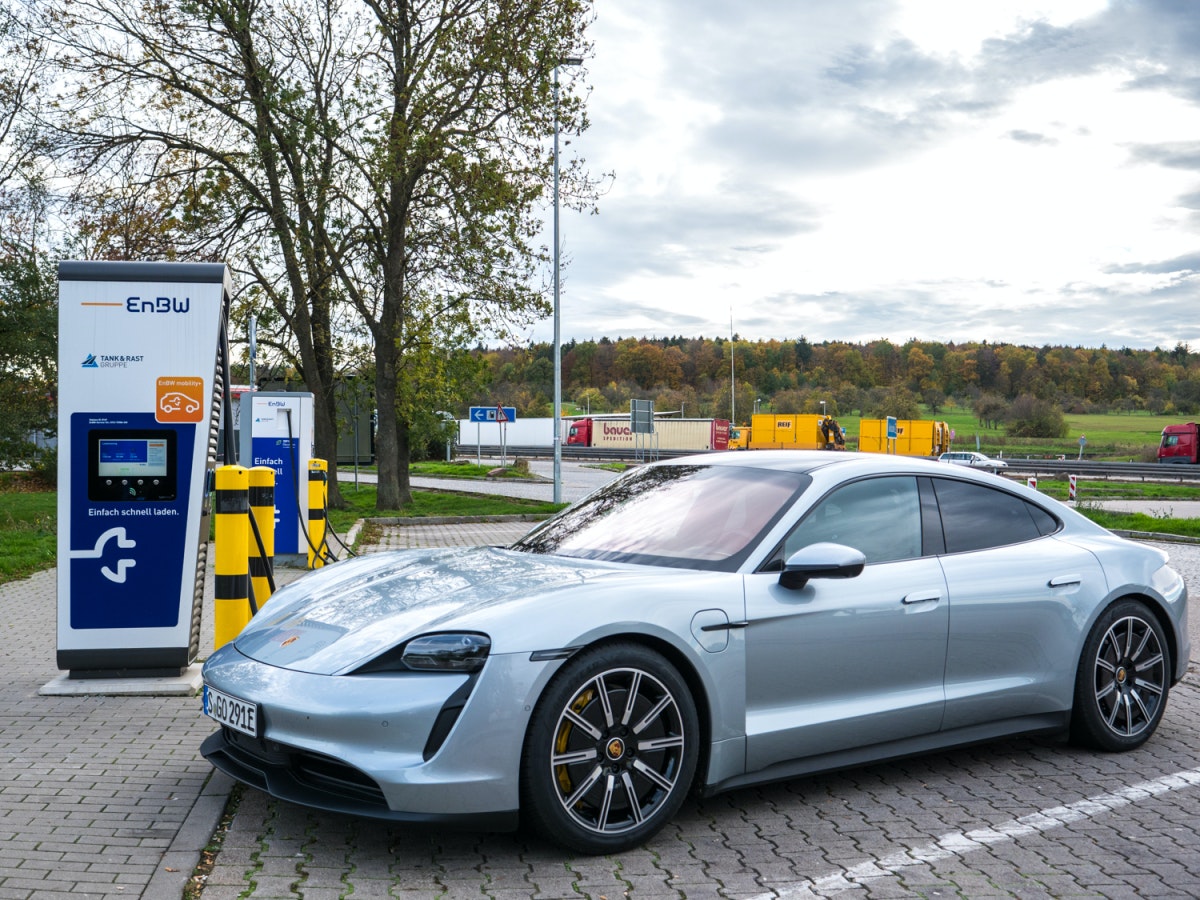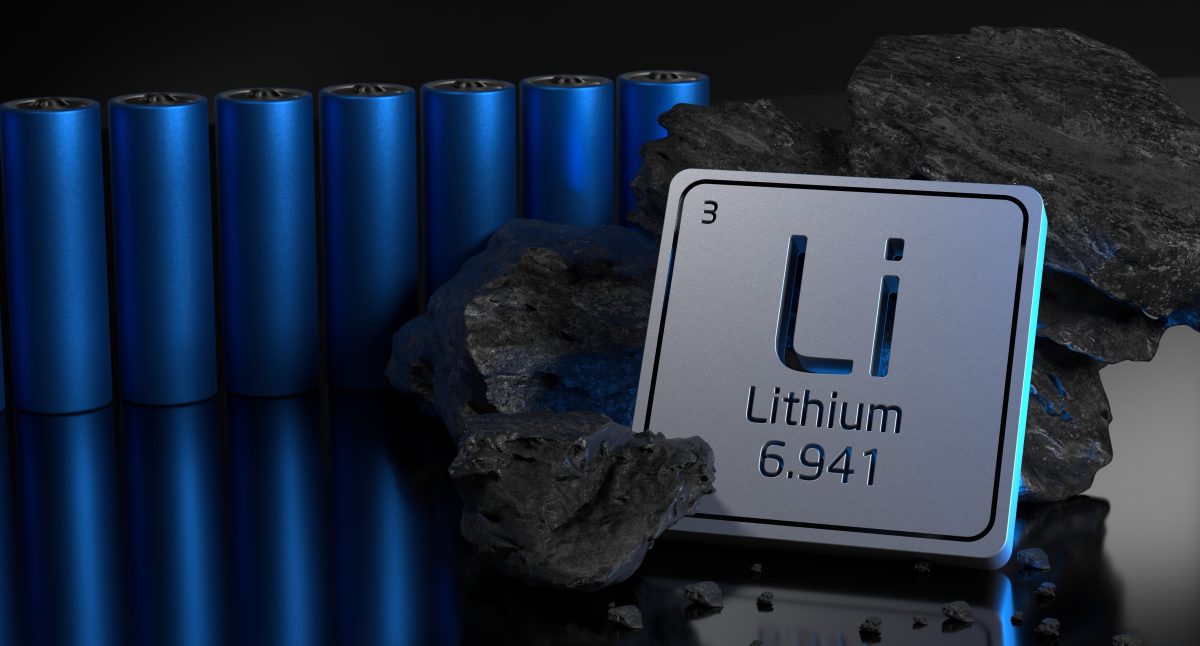ENBW Mobility Plus, Plugsurfing and Ionity: charging strategies for your electric car
No time right now?
Anyone planning to buy an electric car will sooner or later have to deal with the topic of charging. It’s now easier than many think.
For a long time, the charging infrastructure was considered to be one of the greatest obstacles to the breakthrough of electromobility in Germany. But a lot has happened in recent years. This not only affects the number of available charging points, but above all also the charging tariffs.
In 2013, early adopters sometimes had to carry ten or more charging cards with them because a different provider was responsible for operating the charging stations in almost every region – and everyone did their own thing. Certain charging stations could not be used at all if you had not registered with the relevant provider days in advance.
A lot has happened since then. Anyone who drives an electric car nowadays usually needs one to a maximum of two providers to be able to charge easily and inexpensively at most of the available charging points.
Ionity and the manufacturers’ charging services
Mercedes Me Charge, Porsche Charging Service, BMW Charging, VW We Charge, Audi E-Tron Charging Service – almost every car manufacturer that has electric cars in its portfolio now offers its customers an in-house charging service. Mercedes, for example, promises “nationwide access to around 90 percent of public charging stations”. At Porsche, the charging service includes “135,000 charging points in 20 European countries”.
The purpose of these charging services is to enable customers to easily and conveniently enter the world of electromobility. When calculating the route, you can usually choose that only charging points that are included in the respective service are planned. This means that the driver does not have to worry about anything, just drive to the charging stations and start the charging process using the app or RFID card.
In most cases, such services can be used for a new vehicle for a certain period of time without a basic fee. This means that only the costs for the respective charging process are incurred and are debited at the end of the month. That is convenient – and you also benefit from special conditions for Ionity fast chargers from German manufacturers. With the Mercedes-Benz EQC, for example, Ionity pays 29 cents per kilowatt hour, with the Audi E-Tron 30 cents. Compared to the regular 79 cents per kilowatt hour, these are unbeatable prices.
It looks different if you charge outside the Ionity infrastructure. Then the manufacturers’ charging services are usually three to ten cents more expensive than other providers.
ENBW Mobility Plus, Maingau Energy and Plugsurfing
Let’s keep in mind: If you want to charge cheaply with Ionity on long-haul routes, it is usually best to use the manufacturer’s services – especially as long as they can still be used without an annual basic fee. For the majority of the other charging stations, the Maingau Energie and ENBW Mobility Plus offers have established themselves as the means of choice in recent years. The concept is almost identical:
At Maingau Energie you pay a flat rate of 37.04 cents (AC) or 46.79 cents (DC) per kilowatt hour. If you are an electricity / gas customer, the price is reduced to 27.29 cents (AC) and 37.04 cents (DC).
With ENBW Mobility Plus, it is 38.02 cents (AC) and 47.77 cents (DC) per kilowatt hour or 28.27 cents (DC) and 38.02 cents (DC) as an energy customer. Alternatively, the special prices can be used by paying a monthly basic fee of 4.86 euros.
All in all, the ENBW Mobility Plus offer is somewhat more expensive, but customers benefit from a huge network of fast chargers. ENBW’s hyperchargers can now be found in almost all relevant locations across Germany – and enable charging speeds of up to 300 kilowatts.
Plugsurfing is also worth mentioning. This provider is interesting for all those for whom the price is less of a priority, but rather the security of being able to charge at almost every charging station. However, this convenient access to “Europe’s largest charging network” has its price: at 44 cents (AC), 54 cents (DC) and 84 cents (Ionity) per kilowatt hour, plug surfing is significantly more expensive than the competition. In the Plus tariff, the price per kilowatt hour is reduced to 34 cents, regardless of whether it is AC, DC or Ionity. For this, however, a monthly basic fee of 19.99 euros is due, which makes the tariff only attractive for frequent drivers.
tl; dr: With a single charging card from Maingau Energie, ENBW or Plugsurfing, most charging stations in Germany can now be used without any problems. Anyone who receives discounted Ionity conditions from the manufacturer should use them especially on long-haul routes.



